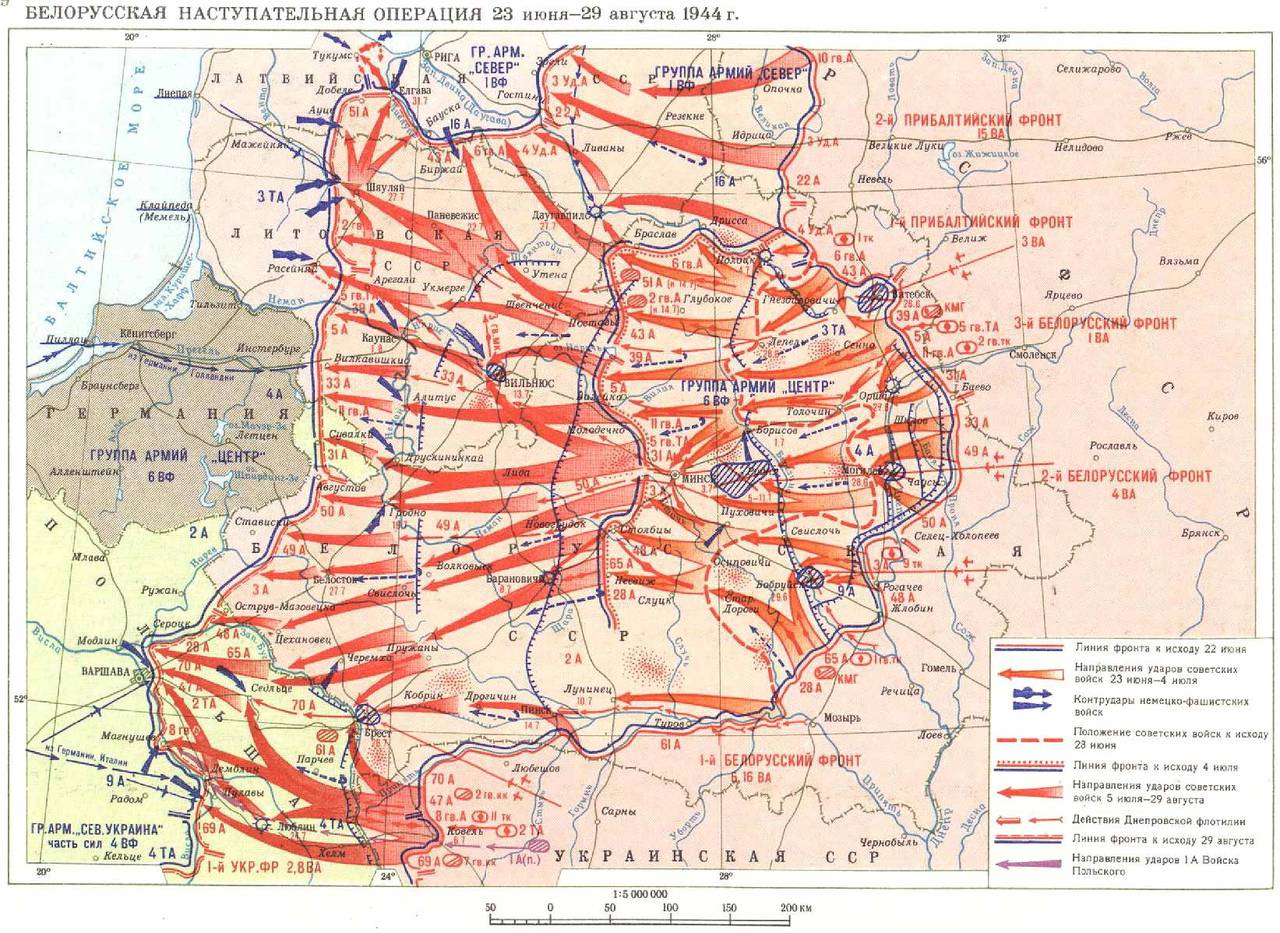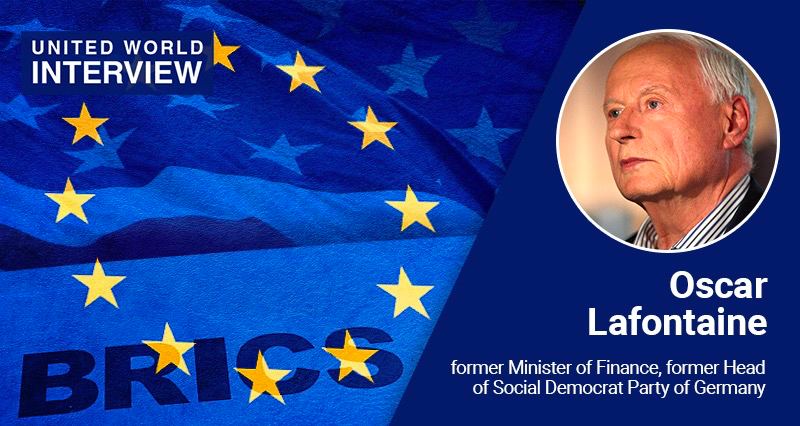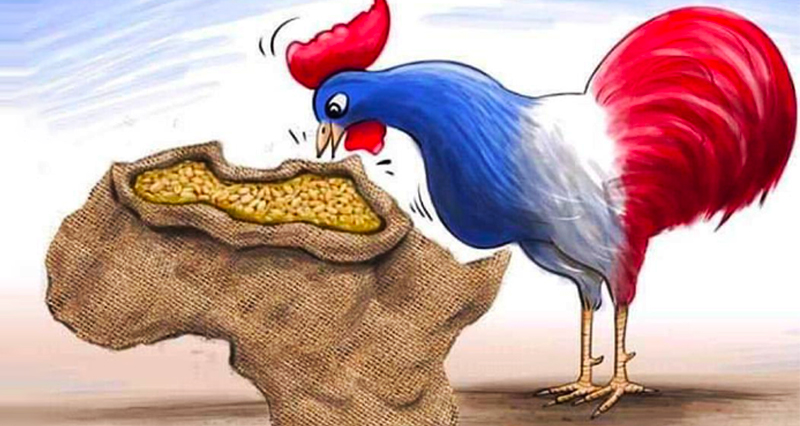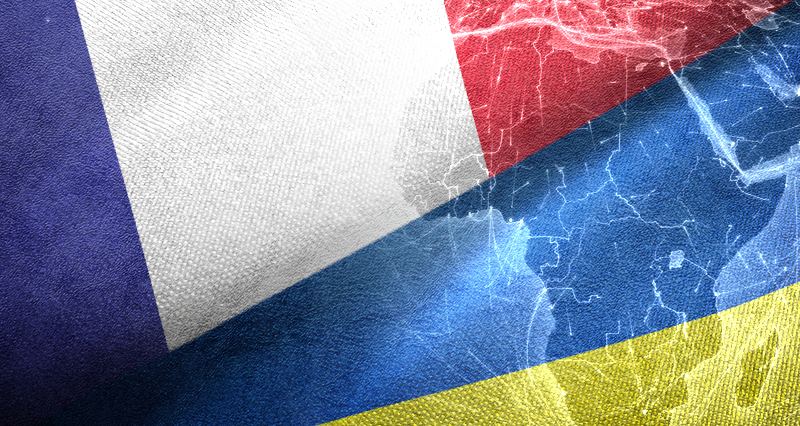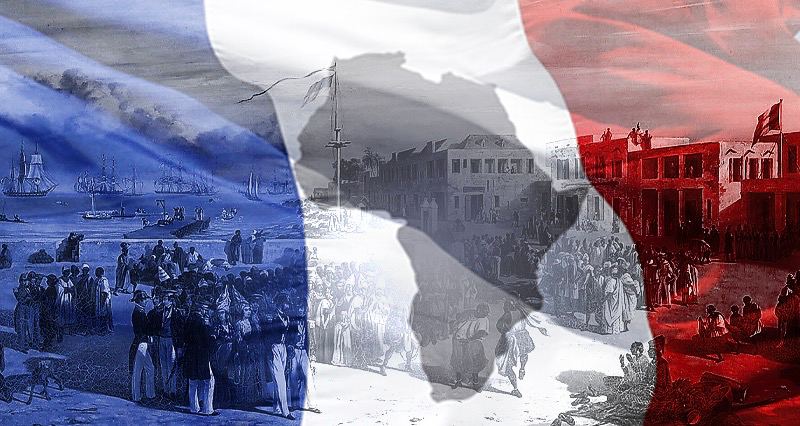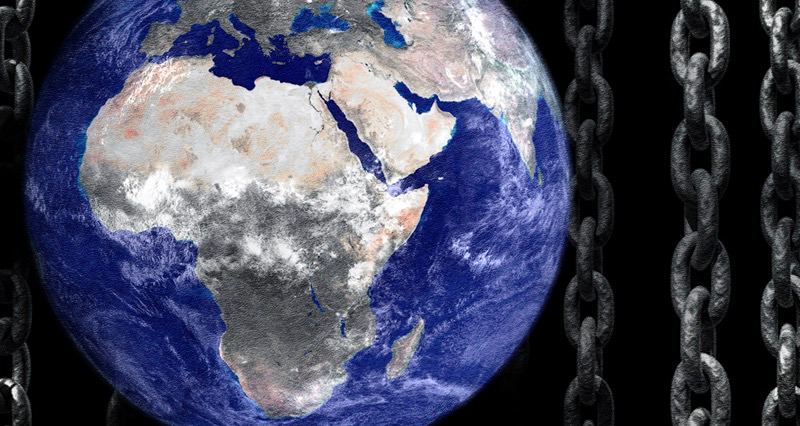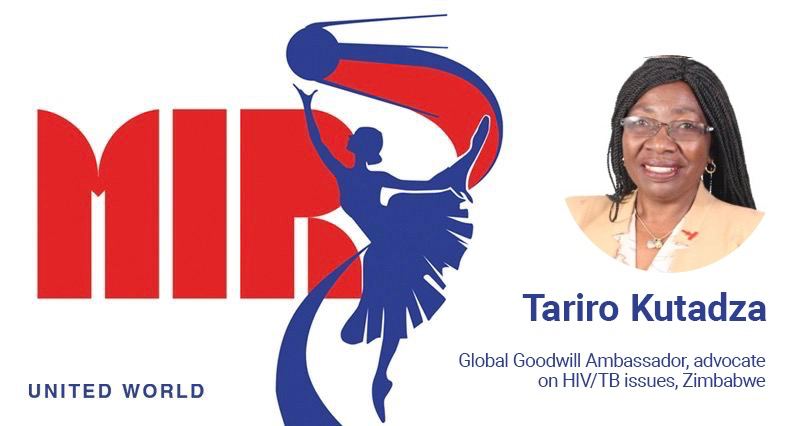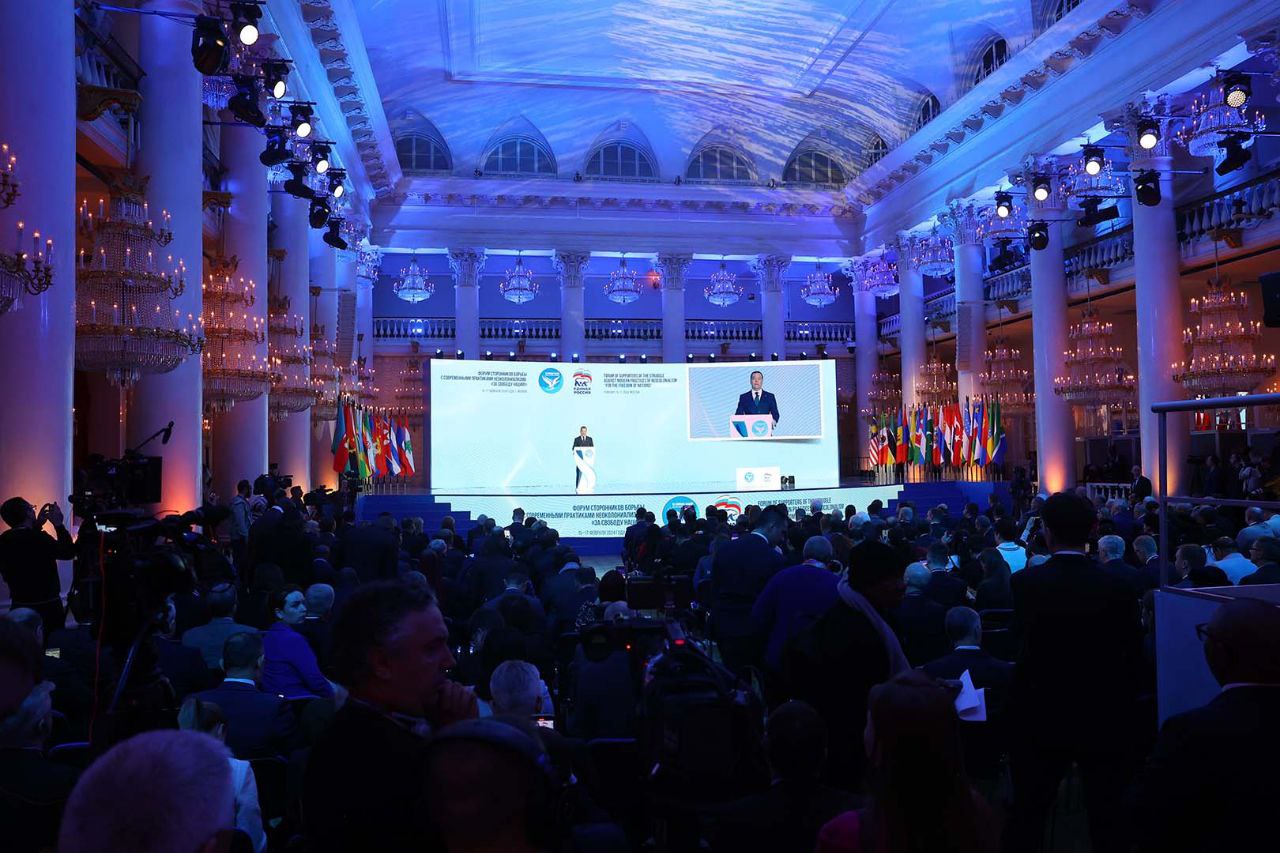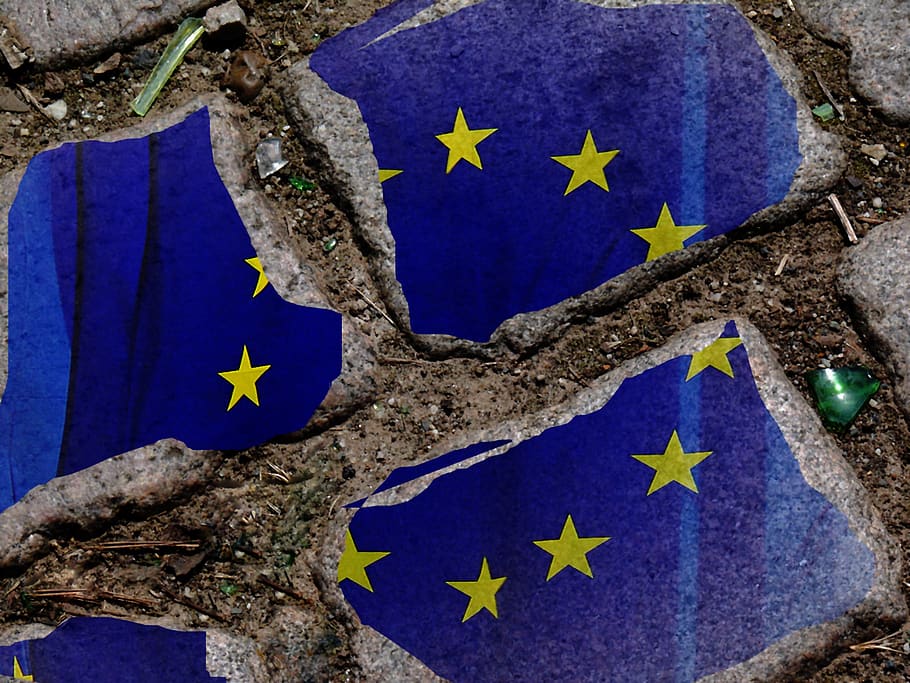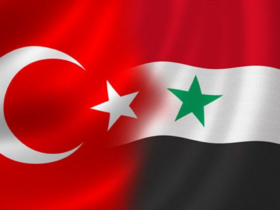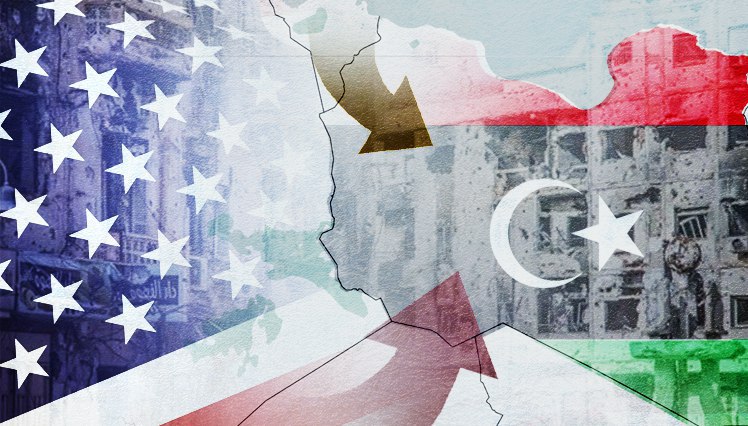By Islam Farag, Cairo / Egypt For the first time in decades, no political coalition was able to obtain an absolute majority in the French National Assembly, which requires winning 289 seats. In a big surprise, the New Popular Front, topped the political scene by winning 182 seats, ahead of President Emmanuel Macron’s alliance, which won only 168 seats, while ...
Ukrainian President Volodymyr Zelensky recently announced that he had opened embassies in 10 African countries. This is presented as a consequence of his long-term work to build a “strategic relationship” with Africa. A year ago, Dmitry Kuleba went on a tour to Africa. During May and June he visited Morocco, Mozambique, Rwanda, Ethiopia and some other countries. His trip apparently ...
French colonialism had profound and multifaceted impacts on African people across a vast geographical expanse, from Senegal to Madagascar, and from Algeria to Congo. French colonialism often prioritized economic gain for France at the expense of African populations. This exploitation took various forms, including forced labor, land expropriation, and unequal trade practices that favored French interests. African resources, such as ...
By Muhammed Haron * Looking back: Colonialism – a diabolical divisive force When reflecting upon Africa’s social history, all the evidence reveal that this continent was cautiously conquered and slowly subjugated by the (proverbial) West’s cunning colonial forces (that is: United Kingdom [UK], Portugal, France, Spain, Germany, and Italy). These treacherous imperialist armies, which emerged over time and that competed ...
On the 26th and 27th of February, the Russian Federation hosted over 500 participants from more than 130 countries in Moscow to challenge Western hegemony in the Second Congress of the International Russophile Movement (MIR). UWI documents in the following days some speeches delivered in the congress. Today we publish the speech of Tariro Kutadza Title: Global Goodwill Ambassador, advocate ...
The Russian political party “United Russia” held the first “For the Freedom of Nations” International Forum of Supporters of the Struggle Against Modern Practices of Neocolonialism on 16-17 February 2024 in Moscow. It brought together over 400 participants from more than 55 countries of Africa, Asia, the Middle East, Latin America, Europe and the CIS, representing the global majority. From ...
United World International author Mehmet Perinçek gave an interview to the newspaper of the Azerbaijani Presidential Administration “Bakinsky Rabochy” about the neocolonial policy of France and events in Africa. We present the interview, published in Russian, to our readers translated into English. ————– Local and regional socio-political processes occurring in different parts of the planet are echoes of one global ...
By Ali Rıza Taşdelen In 2017, the year Emmanuel Macron was elected president, France started to lose its influence in Africa. Because in the 2000s, Africa had started to turn towards China, the centre of attraction of the New World. The imperialist powers, especially France, together with the US, staged a series of coups and invaded countries in order to ...
The approach that the Ukraine conflict has been instigated by the US to detach Europe from Russia and, thus Asia, is gaining wider acceptance day by day. The US, by stirring turmoil in Ukraine, a convergence point of Europe and Asia, aimed in the short term to hinder Eurasian integration and in the long-term China’s extension to Europe through Eurasia. ...
By Kıvanç Özdal After Burkina Faso and Mali, a government that defies imperialist countries, primarily France, has come to power in Niger. We made an interview about these developments with Kemi Seba, one of the leaders of the Pan-Africanist movement. A politician born in France and residing in Benin, Seba advocates collaboration with Eurasia against Western imperialism. The Urgences Panafricanistes, ...




